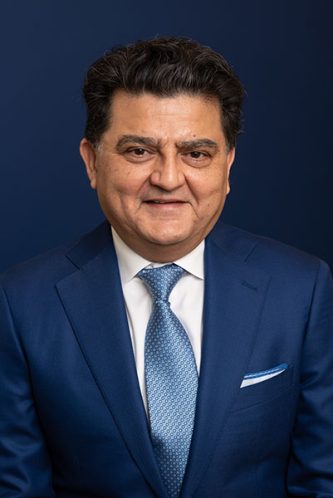


Sleep Quiz
Our Sleep Quiz is designed to help those who are having trouble sleeping determine the severity of their sleep disorder. Our 16 short sleep-health related questions help determine if you will benefit from an evaluation by a sleep physician.
Our easy to use Patient Portal allows you to instantly pay your bill securely online. For information about using the portal, please reach out to our office.
New Patient Forms
For your convenience, you may download and print the following patient forms:
Adult New Patient Forms Packet
Pediatric New Patient Forms Packet
Patient Rights and Responsibilities

"People struggling with sleep issues need to feel comfortable, secure and cared for. The best way to ensure that happened was to build my own sleep center where I could provide this care in a comfortable, secure setting."
First we listen to you. Carefully. Then we treat you. Effectively.
- Sample Benefit #1
- Sample Benefit #2
- 35 years of consulting experience
- dedicated & thoughtful support
Services
A polysomnogram is a common overnight sleep test that physicians often prescribe to patients with sleep disorders. The polysomnogram measures and records brain activity, eye movements, muscle activity, respiratory airflow, and heart rhythm during sleep, all important information that helps the physician diagnose and treat sleep disorders.
This is ideal for patients who are struggling with their CPAP usage either because they are not tolerating the CPAP or they are taking it off in the middle of the night. The testing is done during the day to troubleshoot pressure and mask-leak issues. Patients who are comfortable with their CPAP are more likely to use it as directed.
This is a daytime nap study which determines how sleepy you are by measuring how long it takes you to fall asleep and how soon you start dreaming. The test is performed after an overnight sleep study and is used to rule out narcolepsy.
Sleep Study Questions
A sleep study is a painless evaluation of your sleep patterns. While you sleep in a comfortable bed in our sleep lab, we monitor your brain waves, eye movements, breathing patterns, oxygen levels, snoring, muscle tone, leg movements and heart rate. That information helps us determine if you have a sleep disorder and if we can help you sleep better.
Yes. Your sleep technician will apply sensors or electrodes to monitor the activities that take place in your body and brain during sleep. Elastic belts are placed around your chest and abdomen to measure your breathing. A sensor is also placed on your finger or earlobe to monitor the level of oxygen in your blood and heart rate.
Your sleep technician will adjust everything to make you as comfortable as possible; most people quickly get used to the sensors and sleep reasonably well. Be sure to ask your sleep physician in advance if you have specific concerns about this.
No. This is a painless and non-invasive testing procedure. Paste is applied to your skin and scalp to keep the electrodes in place, but it is easily removed with soap and warm water.
Our rooms are not like hospital rooms; they are cozy and comfortable. Most people do not have any trouble falling asleep. Your sleep doctor can discuss sleep aids with you if they are needed. But if you are nervous, come visit us! A tour of our facility will make you more
